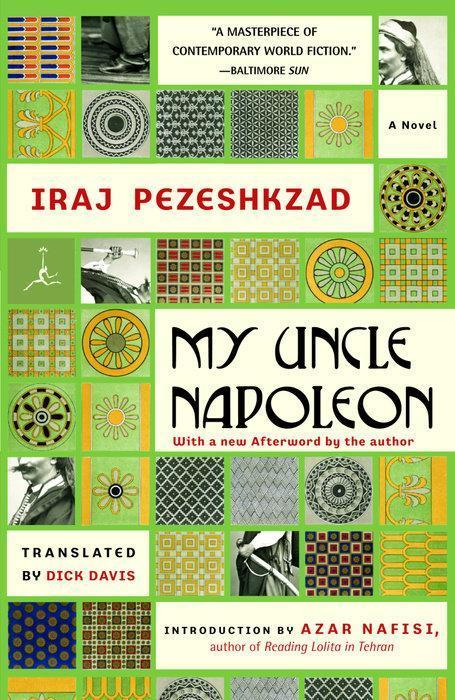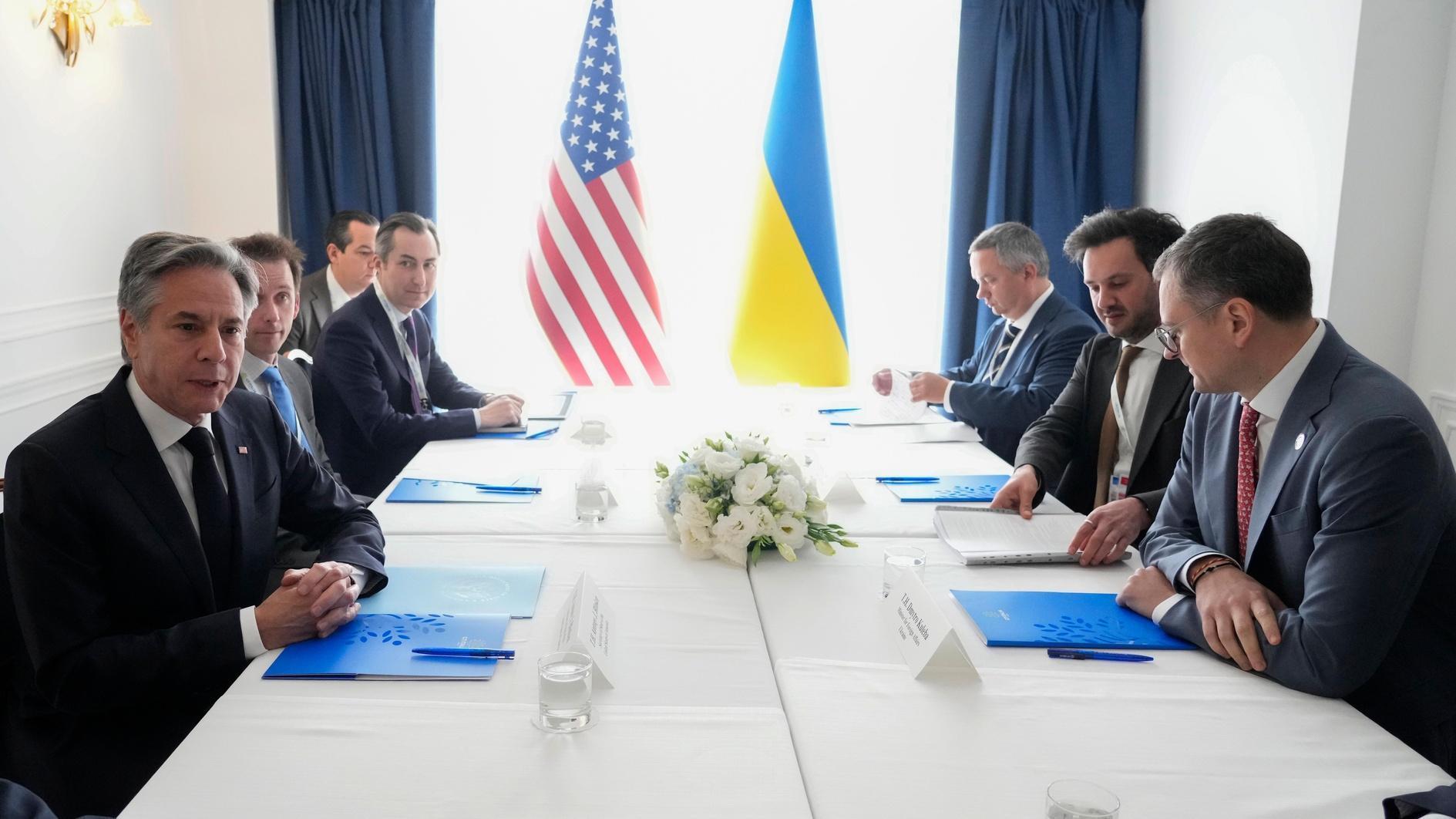Uncle Napoleon syndrome in Iran and Turkey
William Armstrong - william.armstrong@hdn.com.tr
 ‘My Uncle Napoleon’ by Iraj Pezeshkzad, translated by Dick Davis
‘My Uncle Napoleon’ by Iraj Pezeshkzad, translated by Dick Davis (Penguin Random House, 528 pages, $16)
“Uncle Napoleon” is a phrase used in Iran to refer to a belief that foreign plots, particularly British, lurk behind all bad events. Iraj Pezeshkzad’s 1973 comic novel “My Uncle Napoleon” fictionalized this paranoia, telling the story of a tyrannical and deranged uncle who hero-worships Napoleon Bonaparte and lords it over his extended family. It sold millions of copies and became a hit TV series before being banned after the Islamic revolution in 1979. But the pathology it describes continues to have a tenacious hold - not just in Iran.
 Satire is among the most culturally and historically specific of literary genres, and it tends to have the shortest shelf life. But it is useful to read “My Uncle Napoleon” in today’s Turkey, where Uncle Napoleonism is alive and well. Shady plots certainly abound, but leading figures and media outlets of all political stripes routinely resort to cynical conspiracy theories to explain away their misdeeds. Uncle Napoleons hold some of the highest offices in the country.
Satire is among the most culturally and historically specific of literary genres, and it tends to have the shortest shelf life. But it is useful to read “My Uncle Napoleon” in today’s Turkey, where Uncle Napoleonism is alive and well. Shady plots certainly abound, but leading figures and media outlets of all political stripes routinely resort to cynical conspiracy theories to explain away their misdeeds. Uncle Napoleons hold some of the highest offices in the country. As a novel, “My Uncle Napoleon” is full of farcical exaggeration. The mayhem of events centers on a traditional love story, describing the narrator’s account of trying to woo his uncle’s daughter Layli. His obsession fuels his investigations into the actions of other family members, and in the best romantic tradition his passion only ends up leading to bitterness and longing. The book does a fair amount of meandering and some parts drag over the course 500 pages, but on the whole there are enough genuinely funny episodes to keep things ticking along.
Uncle Napoleon is among those hindering the narrator’s triste with Layli, but he is not always the focus of the book. When he is featured, he strikes a pathetic character: A small-minded and incompetent patriarch who responds to failures in real life by fantasizing that he is a Napoleon figure. By blaming his troubles on an all-powerful entity, he makes himself indispensable: The bigger the enemy the greater his own significance. Uncle Napoleon emerges as despotic and absurd, but also vulnerable and almost tragic. Like the best satire, there is something poignant about the mockery.
As in Turkey, the paranoia in Iran about nefarious British plots has some basis, but both lead to depressing and exaggerated consequences. Historical trauma has a tenacious hold, lingering long after the wound was inflicted and long after the inflictor has forgotten. This year marks the 200th anniversary of the Battle of Waterloo, but serious hostility to Napoleon Bonaparte in Britain and to the Duke of Wellington in France is now practically non-existent. With the right circumstances, perhaps it only takes time to heal.










